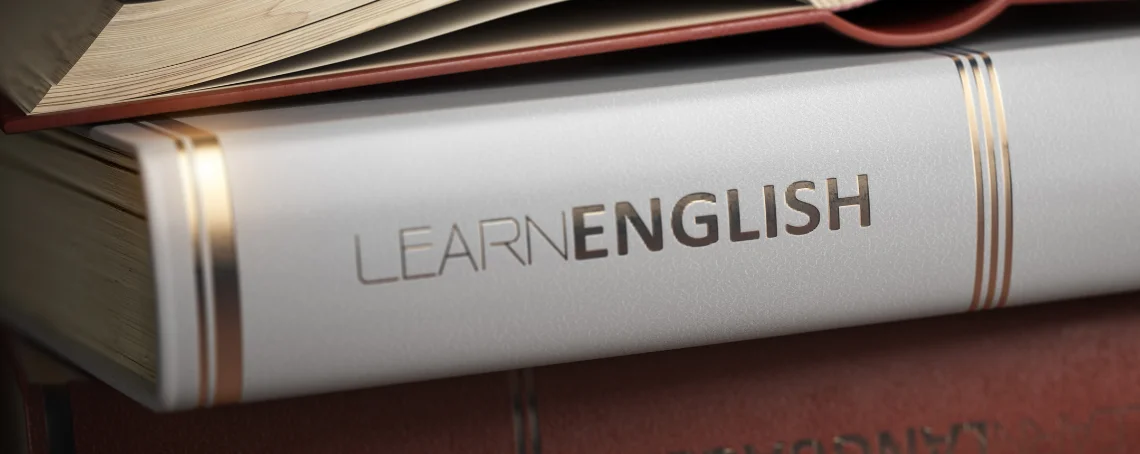Landing a first interview is an accomplishment, especially for recent graduates entering the job market. However, not getting called back for a second interview can be disheartening and confusing. Understanding why this might have happened is key to improving your chances next time. Here are some common reasons you may not have made it to the next round and tips on how to address them:
1. Your Resume Didn’t Match Your Interview Performance
Hiring managers often use the first interview to verify whether your skills and experiences align with what’s on your resume. If you struggle to elaborate on your achievements or fail to provide examples of your skills in action, it could raise red flags.
How to Fix It:
- Practice talking about your resume in detail before the interview.
- Use the STAR method (Situation, Task, Action, Result) to craft concise and impactful stories about your accomplishments.
- Be honest on your resume to ensure you can confidently back up every claim.
2. You Didn’t Research the Company
Employers expect candidates to come prepared with a basic understanding of the company’s mission, values, and recent developments. If you fail to demonstrate genuine interest, it might indicate a lack of enthusiasm or effort.
How to Fix It:
- Spend time exploring the company’s website, blog, and social media profiles.
- Research their industry and competitors to show you understand their market.
- Prepare specific questions about the company to demonstrate your curiosity and engagement.
3. Your Answers Lacked Specificity
Generic or vague responses to interview questions often fail to impress. Employers are looking for concrete examples that show you’ve applied your skills in real-world scenarios.
How to Fix It:
- Avoid overusing phrases like “I’m a team player” without providing evidence.
- Prepare for common interview questions by thinking of detailed examples from internships, coursework, or part-time jobs.
- Highlight measurable outcomes wherever possible (e.g., “Increased social media engagement by 20%”).
4. You Didn’t Demonstrate Soft Skills
Technical skills are important, but employers also value soft skills like communication, adaptability, and teamwork. If you appeared overly nervous, unenthusiastic, or disengaged, it could hurt your chances.
How to Fix It:
- Practice answering questions confidently with a friend or mentor.
- Maintain good posture, eye contact, and an upbeat tone during the interview.
- Share examples that showcase your interpersonal skills and how you’ve navigated challenges with others.
5. You Didn’t Ask Questions
Interviews are a two-way street. Failing to ask thoughtful questions about the role, team, or company can make you seem uninterested or unprepared. Employers want candidates who are genuinely curious and invested in the opportunity.
How to Fix It:
- Prepare a list of questions before the interview, such as “What does success look like in this role?” or “Can you tell me about the team I’d be working with?”
- Avoid asking questions that can easily be answered by reading the company’s website.
- Tailor your questions based on the discussion during the interview to show you’re actively engaged.
6. You Didn’t Follow Up
Failing to send a thank-you email after the interview might not disqualify you, but it can make you less memorable compared to other candidates who did. Following up shows professionalism and continued interest in the role.
How to Fix It:
- Send a personalized thank-you email within 24 hours of the interview.
- Mention specific points discussed during the interview to reinforce your enthusiasm.
- Keep the tone polite and concise.
Final Thoughts
Not getting called back for a second interview is a learning opportunity. By identifying potential areas for improvement, you can refine your approach and increase your chances of success in the future. Remember, every interview is a step closer to landing your dream job. Stay persistent, seek feedback when possible, and continue honing your skills and strategies.



